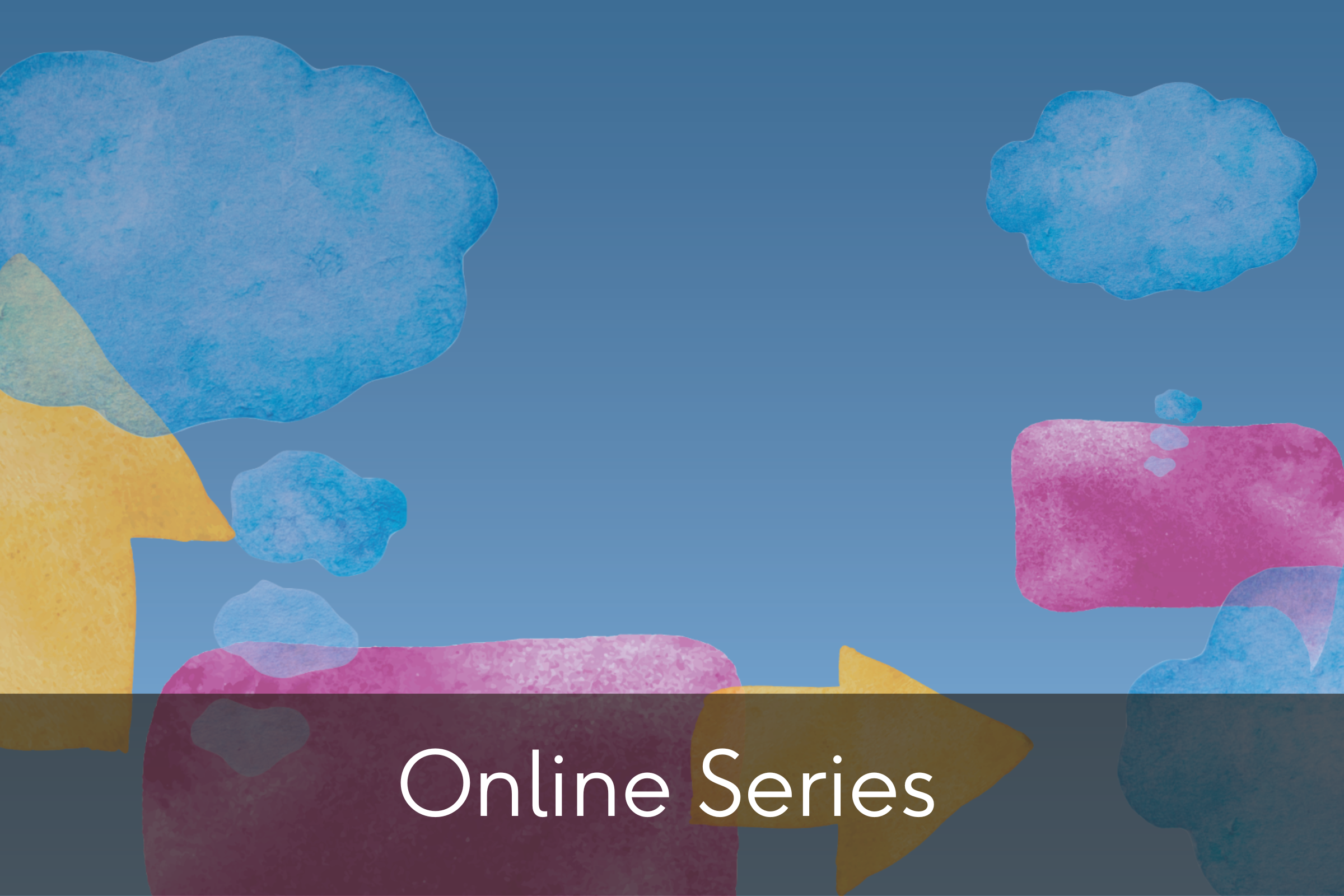I want to thank each and every one of you who wrote in response to my last post—to those expressing appreciation, as well as those sharing critique. Please know that I take your words to heart deeply. I am in a phase of listening and discernment around this as I process how (or if) to respond publicly.
Within that process, and as many continue to grapple with what is unfolding in the Middle East, I’m writing to share some reflections on what’s supporting me, as well as to invite you to some free online events. Many are suffering right now. Some are living in a war zone. Even those observing from afar may feel intense pain, anger, grief, helplessness, and despair.
How do we care for ourselves and one another in such times?
1. Let your heart break open, and let it close.
It’s appropriate to feel broken-hearted right now. Instead of trying to hold it together, it’s okay to let yourself fall apart. It’s also appropriate to shut down at times. Our hearts were made to open and to close. As I write in my new book:
A flower opens slowly, when conditions are right, and may close again at night. We don’t try to force its petals open. So too, our hearts open in their own time, closing periodically for safety or rest. As a flower opens, it doesn’t just open to warm sunshine and gentle breezes. It opens to all of the elements—to the wind and the rain, the heat and the cold. As we practice mindfulness, we don’t just feel the pleasant, loving moments. We learn to feel all of life—the hurt and pain, fear and anger, contraction and numbness.
Allowing this natural, rhythmic process is part of how we self-regulate and heal.
2. Take care of your body.
Emotions and trauma manifest in our body, so one way to handle what’s happening is to try to do the things that we know help. Whenever possible eat regular, healthy meals. Exercise. Practice good sleep hygiene and rest when you can. (It's also natural to fail spectacularly at these common sense practices. Just keep aiming in the right direction). Notice when your body is tense; see if you can soften even a little. When you're feeling a lot, make time to be with your emotions. Orient to what’s supportive and safe, practice mindful breathing, and feel what’s occurring little by little.
3. Regulate your news intake, and don’t overlook the goodness.
Make conscious choices about when, what, and how much news you consume. We can’t help anyone when we’re overwhelmed. Self-care isn’t self-indulgent. It’s an indispensable ally to being informed and engaged. Balance mainstream media—which tends to focus on violence, fear, and attention-grabbing headlines—with media reporting on those struggling for peace and the good news that's occurring. There are millions across the globe crying out for a just peace and an end to violence, including those whose family members have been murdered. (See links at the end of this post.)
4. Honor any cognitive dissonance.
For those like myself who have access to relative safety, basic amenities like clean water and food, and who believe that these are universal human rights, there can be a sense of cognitive dissonance between our immediate lives and the suffering in our world. This dissonance arises from love and ethical integrity. Rather than avoiding it, honor the discomfort. Make space for it and it can become a fruitful tension that can wake us up out of complacency and support skillful action.
5. Don’t suffer alone. Connect with others, and do something.
Don’t be alone with your pain. Volumes of research show that connection protects against burnout and depression. Reach out to friends, family, neighbors. Find others to mourn or recharge with, as feels appropriate. If you lack connections locally, look online for one of the many communities of like-minded folks struggling to make sense of a world on fire.
Finally, do something. Action alleviates anxiety. Contact elected officials to demand a bilateral cease fire, immediate release of hostages, and humanitarian aid for Gaza. Support an organization that represents your values, or get involved in a local issue.
Social transformation is not a linear process, and radical change always seems impossible—until it becomes a reality. The more we agitate for change, the more we create the conditions for a different future.






